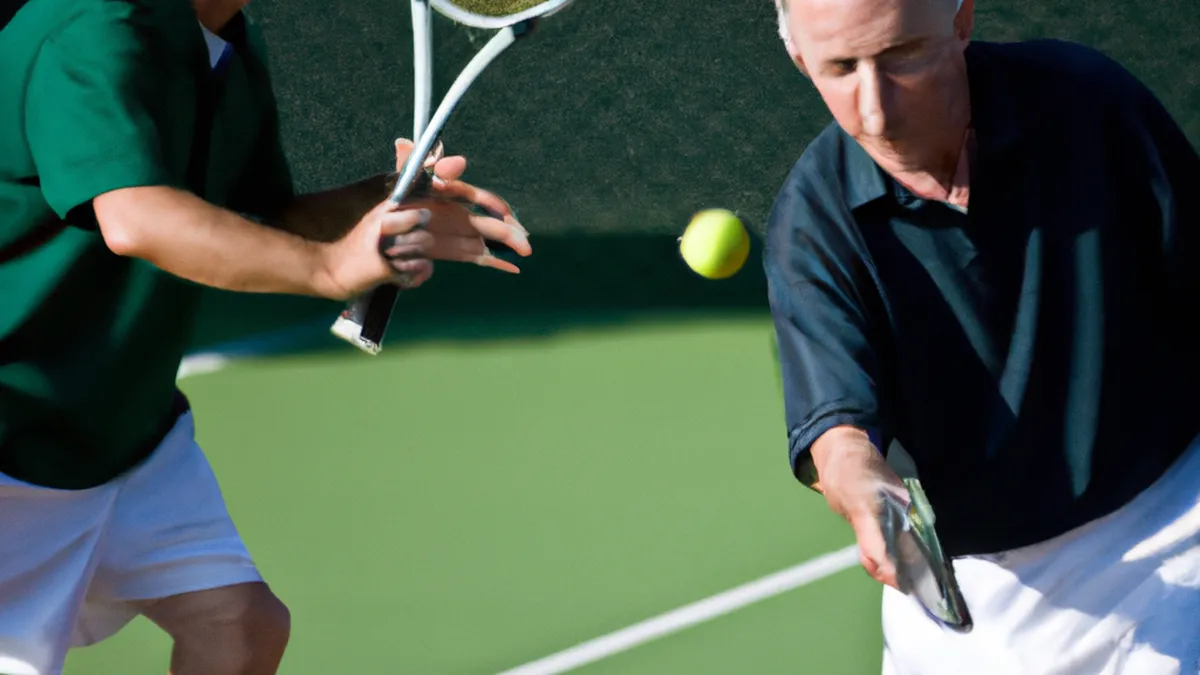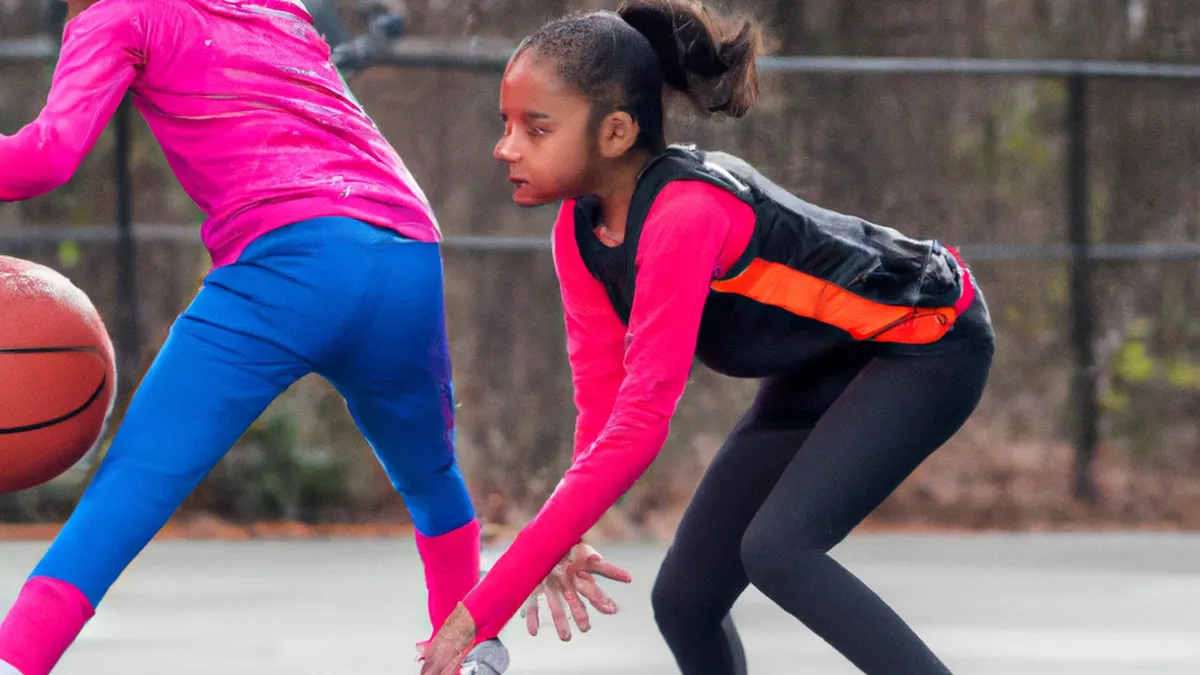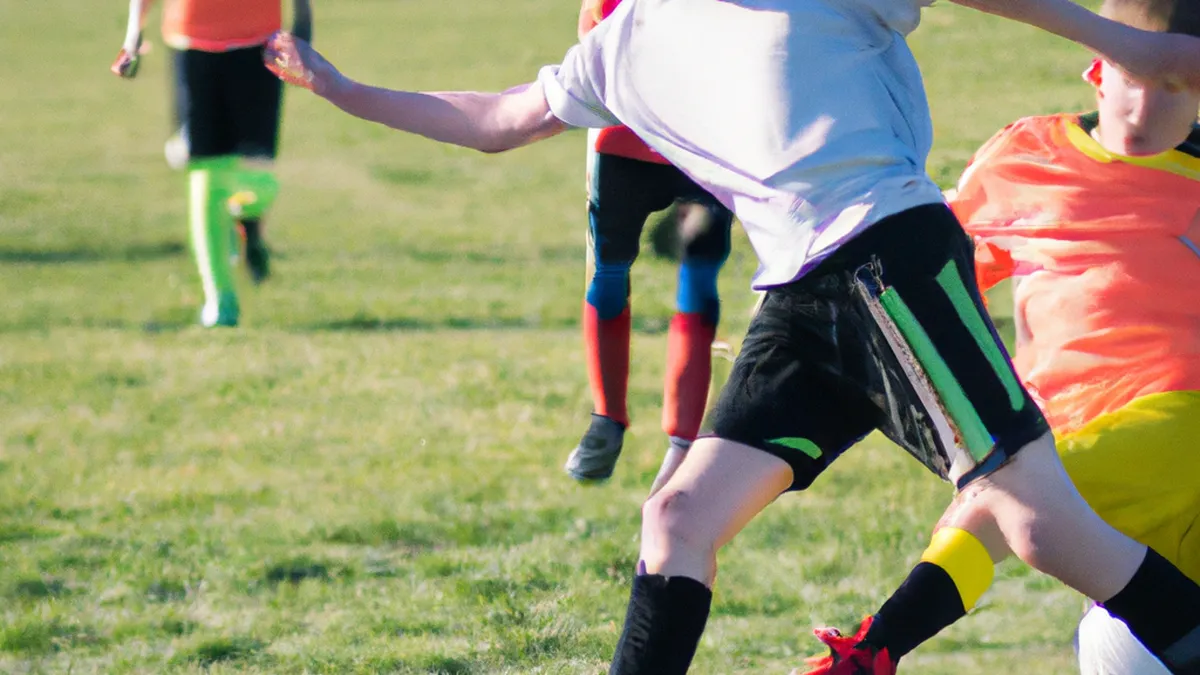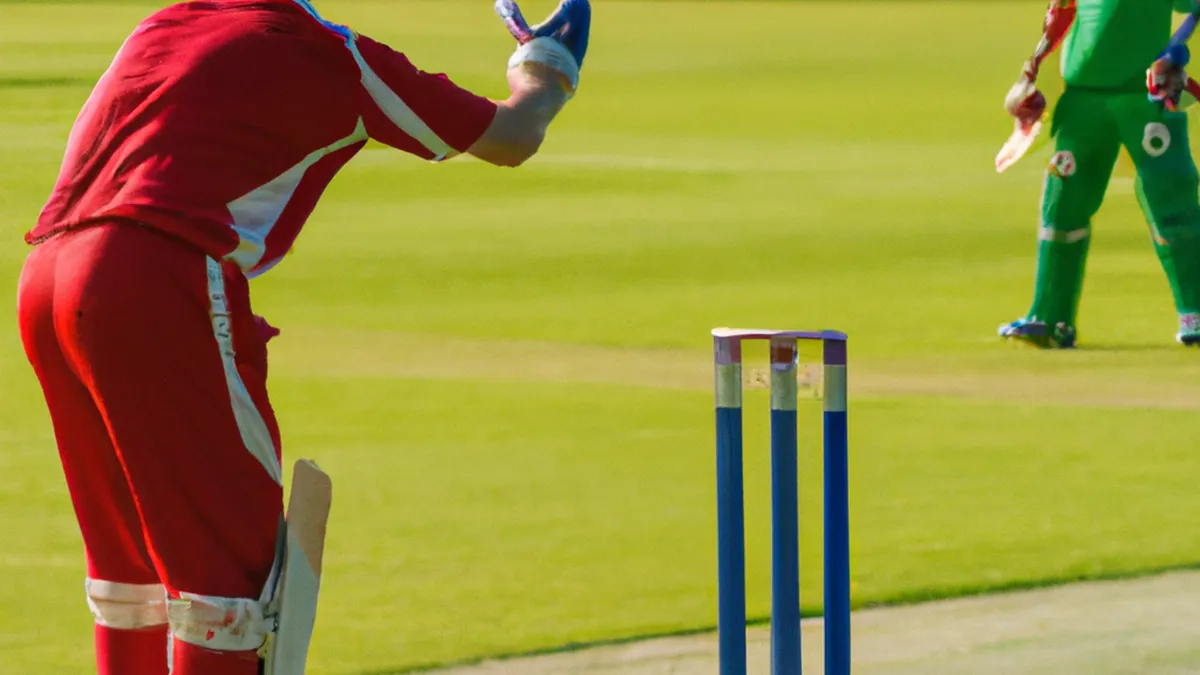Innovating Strategies for Senior Tennis Players
Adapting Coaching Techniques for Senior Tennis Athletes
As an Amazon Associate I earn from qualifying purchases.
Gear tip: consider agility cones, speed ladder and training hurdles to support this workout.
Coaches must understand the physical and mental changes senior tennis athletes experience. These changes require a tailored coaching approach to enhance performance and enjoyment. By adapting techniques, coaches can help senior athletes thrive on the court.
Understanding the Senior Athlete
Senior athletes face challenges that impact their performance. Decreased mobility, reduced endurance, and lingering injuries can hinder their game. Coaches need to adjust strategies to meet the unique needs of senior players.
Physical Limitations
Aging athletes experience natural bodily changes. Muscle mass decreases, and flexibility diminishes, increasing injury risk. Coaches should prioritize exercises that build strength, flexibility, and agility. Low-impact workouts, like resistance training and yoga, can improve fitness safely.
Mental Approach
The mental aspect plays a vital role for senior athletes. Their experience offers knowledge but may also create confidence issues against younger opponents. Coaches should foster a positive environment with open communication. Constructive feedback and celebrating achievements can boost self-esteem and motivation. Discussing personal goals helps create purpose for senior athletes.
Tips for Coaching Senior Tennis Athletes
Coaches should adopt thoughtful techniques to support senior athletes. Here are practical tips for effective coaching.
1. Modify Drills
Traditional drills can overwhelm senior athletes. Coaches should adjust exercises to match their abilities. Use shorter court distances, slower-paced games, or specific skills like volleys at reduced intensity. This approach enhances technique without overexertion.
2. Emphasize Strategy Over Power
Aging diminishes physical power compared to younger opponents. Coaches should shift focus from raw power to strategy and placement. Teach athletes to use angles, spins, and effective positioning to win points. A strong tactical understanding allows seniors to outsmart opponents.
3. Prioritize Recovery
Recovery becomes crucial for senior athletes. Their bodies require longer recovery times, so coaches should include rest days and low-intensity sessions.
Conclusion
Adapting coaching techniques for senior athletes enhances performance and enjoyment. Coaches must consider physical limitations and mental approaches to support their growth.
Below are related products based on this post:
FAQ
What are some common physical limitations faced by senior tennis athletes?
Senior athletes often experience decreased mobility, reduced endurance, and increased risk of injuries due to natural bodily changes that come with aging. This can impact their overall performance on the court.
How can coaches modify drills for senior tennis players?
Coaches can adjust traditional drills by using shorter court distances, implementing slower-paced games, or focusing on specific skills like volleys at a reduced intensity. These modifications help enhance technique while preventing overexertion.
Why is it important to emphasize strategy over power in coaching senior athletes?
As physical power diminishes with age, it becomes essential to shift the focus to strategy and placement. Teaching senior athletes to use angles, spins, and effective positioning allows them to outsmart younger opponents and maintain competitiveness.















Post Comment